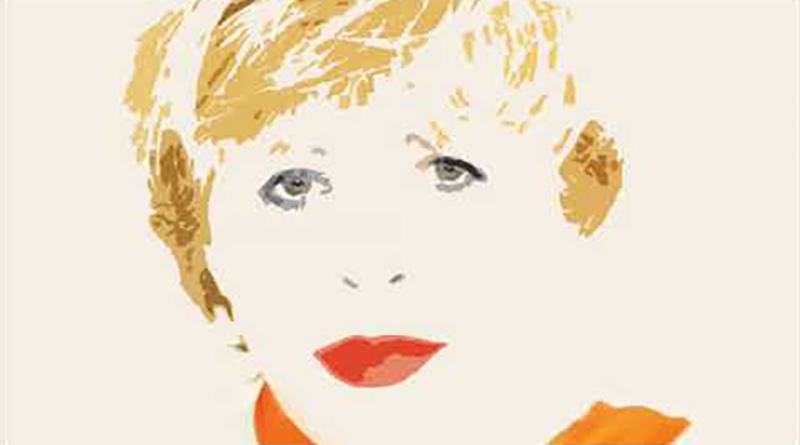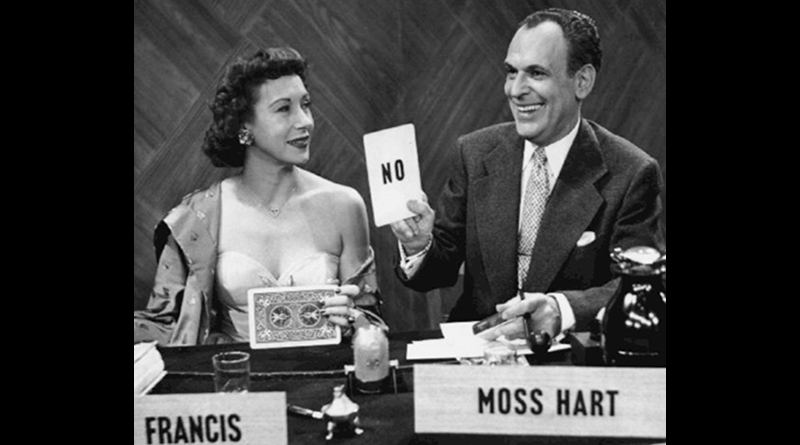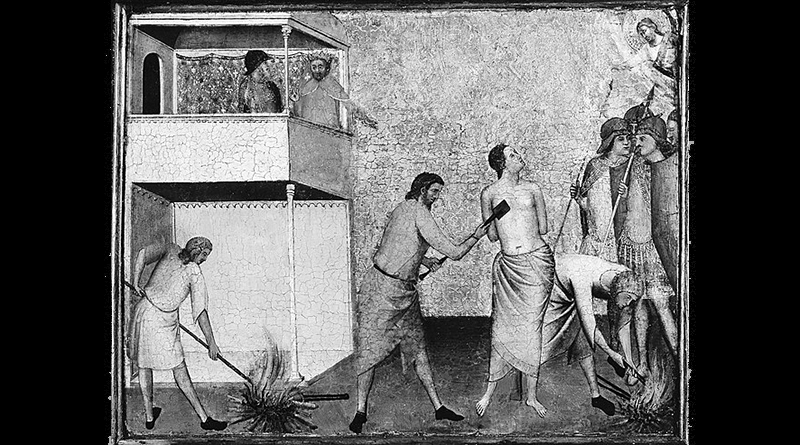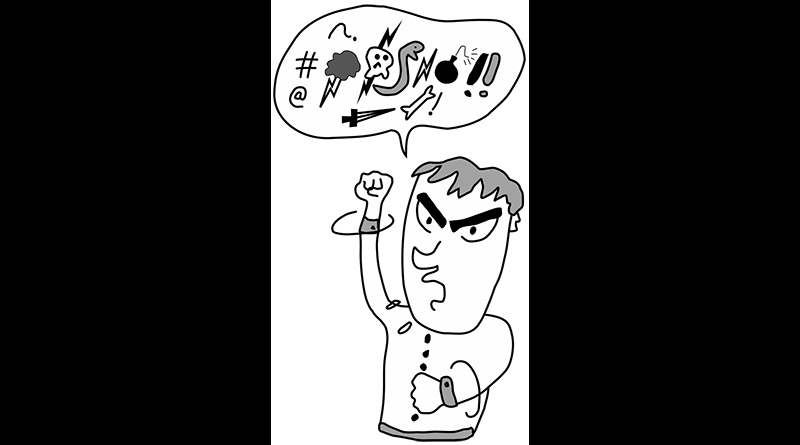There was one particular incident, which occurred after about a fortnight when we had reached Auzou in northern Chad, which showed Costa [Achillopoulo] at his most typical.
When we travel in exotic lands, we nearly all of us run up sooner or later with the problem of the uninhibited onlookers — usually in the form of a group of locals who materialise from nowhere, take up a position a yard or two away and stare and stare, fascinated by one’s every action. Even on picnics, this technique can be unnerving enough; but at a night camp, where there are no tents to afford the minimum of privacy and not even any bushes for cover, it can become a serious matter. Never have I known it to assume such formidable proportions as that evening at Auzou. The crowd must have numbered at least forty — forty pairs of staring, unblinking eyes, missing nothing, examining every item we drew from our kitbags, taking in our every move. Never, let me emphasise, was there anything remotely hostile about them. They were perfectly friendly — just very, very curious, and utterly immovable.
Our own reactions varied between agonised embarrassment and stoic fortitude. None of us felt like asking them, in so many words, to go away; without a common language, such a request could only have been exceedingly impolite, and the last thing we wanted was to cause offence. At the same time, there were other needs that were ever more pressing.
After perhaps an hour, one or two of the older spectators had slipped away; but the hard core that remained, consisting almost entirely of children and adolescents, had obviously decided that a long vigil lay ahead, and were digging themselves in for the night. At last Costa took the matter in hand. ‘Then,’ he said, ‘if they are looking for entertainment, that is what we must give them. Then they will be satisfied and go away.’ The rest of us were doubtful; but he, by now looking forward hugely to his coming performance, was not to be shaken. Delving into his kitbag, he extracted some colourful garment, twisted it expertly into a funny hat and put it on. Then, trousers rolled up to the knee, he began to dance. And as he danced he sang:
II y avait dix filles dans un prée,
Toutes les dix à marier;
II y avait Line, il y avait Chine,
II y avait Claudine et Martine,
Ha, ha, Cat’rinette et Cat’rina.
II y avait la belle Suzon,
La duchesse de Montbazon,
II y avait Célimène
Et il y avait la Dumaine.
Costa was not, perhaps, outstandingly gifted for the dance; his grasp of melody was also at moments uncertain. But he made up amply in verve what he lacked in technique, and he certainly deserved a greater success than he achieved. His audience was baffled. They had not bargained for this. Having no idea how they were meant to respond, they wisely chose not to respond at all.
Visibly shaken, Costa tried again:
Le fils du Roi vint à passer,
Toutes les dix les fit coucher;
Faille à Line, paille à Chine,
Paille à Claudine et Martine,
Ha, ha, Cat’rinette et Cat’rina.
Paille à la belle Suzon,
La duchesse de Montbazon,
Paille à Célimène,
Mais bon lit à la Dumaine.
The line of faces still stared stonily back at him. There was not a word, not a whisper, far less a smile. Now genuinely sad, poor Costa took off his funny hat, unrolled his trousers and returned to the rest of us, shaking his head. ‘En effet,’ he murmured, ‘c’est un publique très difficile. [‘Indeed, it is a very difficult audience.’]’
Then, to our astonishment, we saw that it had worked. Within minutes of the song’s end, the entire audience had faded away into the darkness. Just what had prompted them to leave remains a mystery. Perhaps they had enjoyed it all more than their faces had revealed and had accepted it as we had hoped they would, as the grand finale to a memorable evening. Perhaps, on the other hand, they had hated it and been impelled to flee from the dreadful possibility of an encore. My own theory is that by directing his energies so squarely towards them Costa had somehow made them feel involved, saddled with responsibilities they did not understand. The whole thing had suddenly become too complicated. They preferred to go. — From the book OxTravels: Meetings with Remarkable Travel Writers (read for free)






